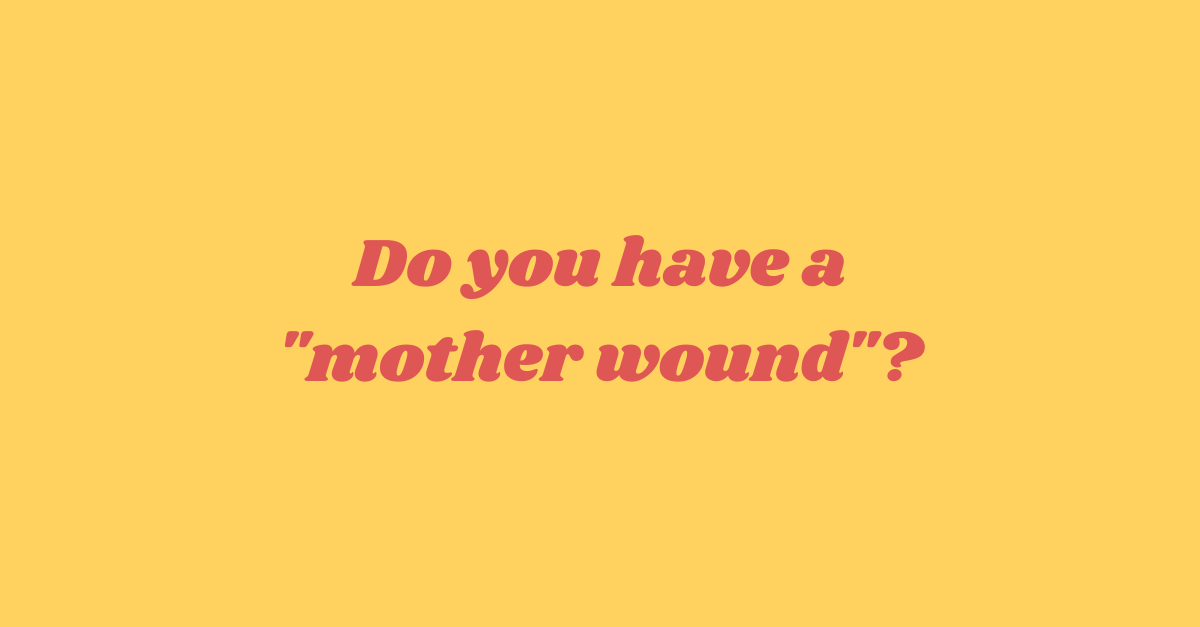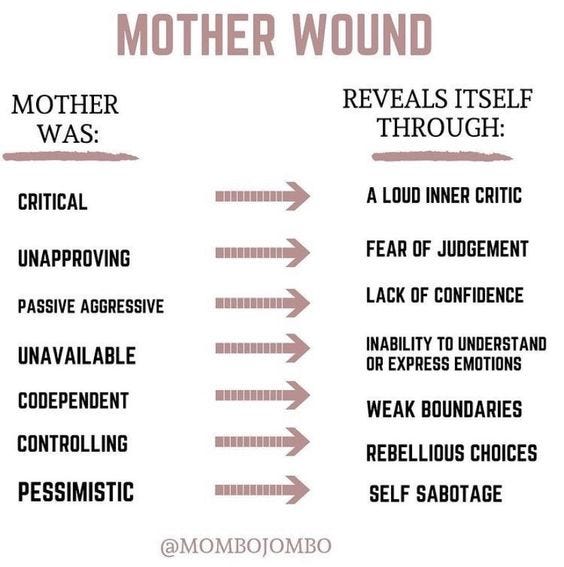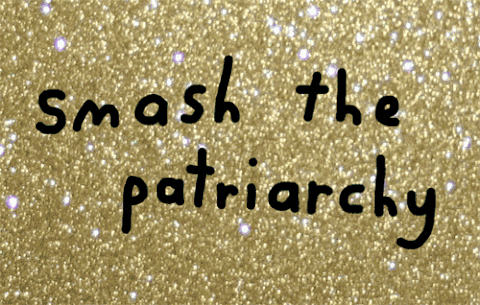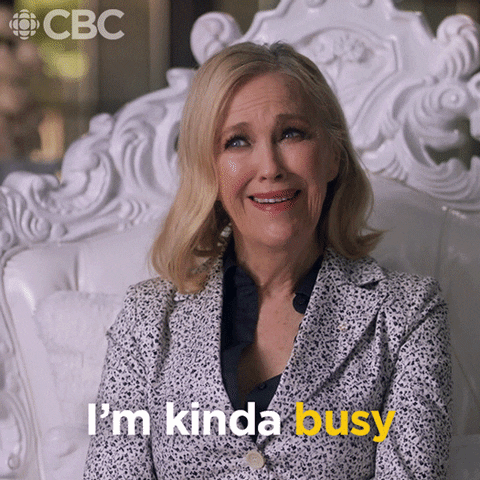One of the first principles of psychology is that much of our behaviour and personality is shaped in childhood. For example, our TA drivers shape our internal narrative. How our primary caregivers show us love determines our attachment style.
And there’s no stronger bond than the one we have with our mother. However, that bond isn’t always healthy or positive. One theory to describe this is the “mother wound”.
What is the mother wound?
Essentially, if you’ve experienced a strained, challenging or dysfunctional maternal relationship, it can manifest as emotional and psychological pain in adulthood. This is what’s known as a “mother wound”, and, unchecked, you can carry it for life.
What causes a mother wound?
Like other developmental theories, it comes back to whether your needs as a child were adequately met by your mother figure (note that a mother wound doesn’t have to originate from you biological mother).
It’s not just experiencing neglect or abuse that can cause a mother wound—it could also be excessive criticism, emotional coldness (even if your physical needs were taken care of), lack of empathy, being expected to act as a caretaker for your mother, your mother figure being unavailable due to work/being busy their own interests, or being discouraged from expressing your authentic emotions.
Whether it’s lack of affection or feeling unsupported, these experiences can really affect a child's sense of self, their ability to trust, and their overall emotional development.
How does the mother wound show up in adulthood?
It’s no surprise that such a formative experience can show in in adulthood. If you have a mother wound, you might struggle with:
Feelings of unworthiness
Low self-esteem
Anxiety
Difficulty forming healthy relationships
…and more.
Does the mother wound have a bigger impact on women?
A person of any gender can experience a mother wound, but some psychologists think it more typically shows up in a mother-and-daughter relationship, especially if you grew up in a patriarchal society (aka most of us reading this newsletter 🙋).
This is because the mother wound is part of a self-perpetuating cycle—people who experience a mother wound tend to pass it onto their own children.
It’s much easier for women to do this in a patriarchal society, where they might have internalised societal beliefs about their worth and power. Consciously or unconsciously, women can pass this deeply ingrained conditioning onto their daughters.
For example, you might have a mother wound that stems from your mother being extremely critical of your weight and appearance when you were a child. As an adult, you struggle with body image and feel the need to make yourself smaller or take up less space.
It’s highly likely that your mother’s treatment of you is down to her own mother wound—perhaps she grew up in a family, culture or society where there was a specific beauty standard women were expected to adhere to, and where women were valued for their looks. She had her own mother wound, as did her mother and her grandmother before her.
How does the mother wound affect the inner critic?
A mother wound can be directly responsible for loud, negative self-talk. This is because the inner critic will echo the negative messages or interactions experienced with the mother figure during childhood—reinforcing beliefs of inadequacy and undermining your self-confidence and sense of self-worth.
So all the topics we talk about in relation to the inner critic—like comparison (not feeling “good enough”), imposter feelings and people pleasing—can also be attributed to a mother wound.
This intergenerational trauma can have far-reaching consequences. In the 1970s, a psychologist called Matina Horner developed a theory that women were held back by a “fear of success” (not failure—something we’ve discussed here) because of their social conditioning. Further studies have been done since, leading some psychologists to theorise that even if a woman rejects her internalised beliefs from her mother, it can be painful—by affirming her own power, her mother might perceive a rejection, and so she fears losing her mother’s love and approval.
Enter all the things our inner critic loves, like self-sabotage, procrastination and putting other people’s needs before our own.
How can you heal a mother wound?
Phew, that was some heavy-lifting. As you might have gathered, healing the mother wound is complex—its roots run deep, plus it’s bound up in lots of bigger, societal factors beyond our control.
However, that doesn’t mean it’s impossible to heal a mother wound.
It goes without saying therapy is the most effective way to deal with any dysfunction family dynamics or serious mental and emotional struggles. But your journey to healing a mother wound might include the following:
Self-awareness: this is always a crucial first step in any healing journey. Meditation, journaling or talking with a friend can be great tools for self-reflection, helping you start to unravel the experiences that have shaped you and any pain you experience.
Self-compassion: whenever you’re working towards changing patterns of behaviour or your internal dialogue, try and do so from a place of self-acceptance. Dial up the self-care and try to channel lots of inner kindness.
Inner child work: exploring your inner child (ideally with a professional) can help you express the pain you’re carrying with you, and start to re-parent yourself.
Forgiveness: outside of your relationship with yourself, you might also wish to re-programme your relationship with your mother figure—or if that’s not possible, re-programme your feelings towards that mother figure. Acknowledging that our parents are often just doing the best they can with the tools they have available can allow us to forgive them for their mistakes. In turn, you can also practice forgiveness towards yourself, working to ease all the judgment and pressure your inner critic might place on you.
Over to you
It’s worth pointing out that the “mother wound” is not a clinical diagnosis, but (like “good girl syndrome”) it resonates with a lot of people. How did you feel reading this? Do you have an experience with a mother wound? We’d love to hear your thoughts and questions in the comments.






